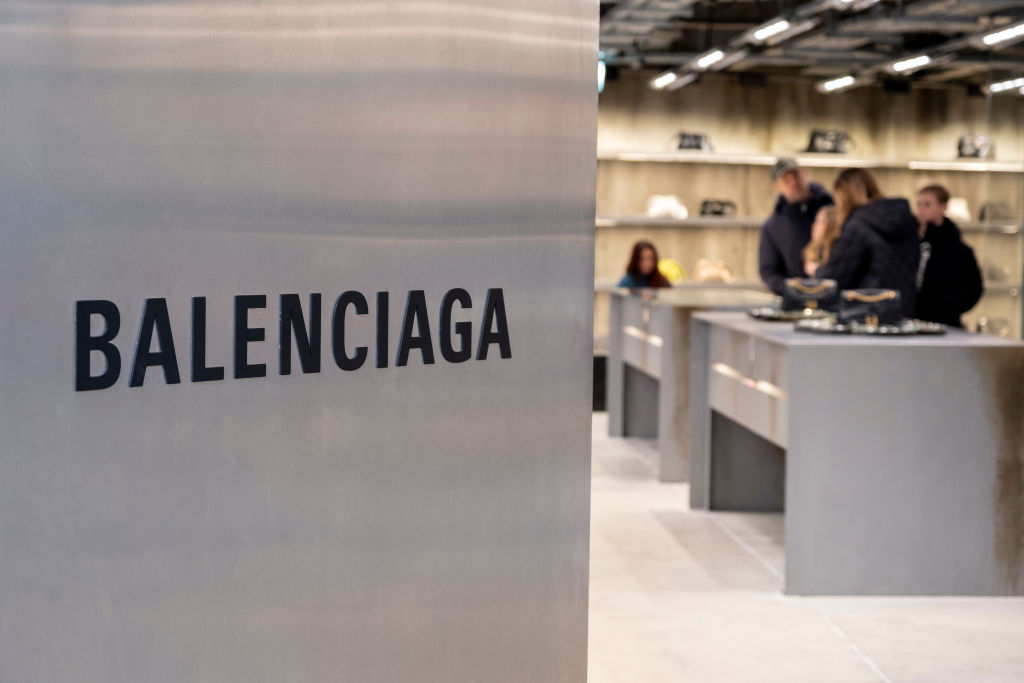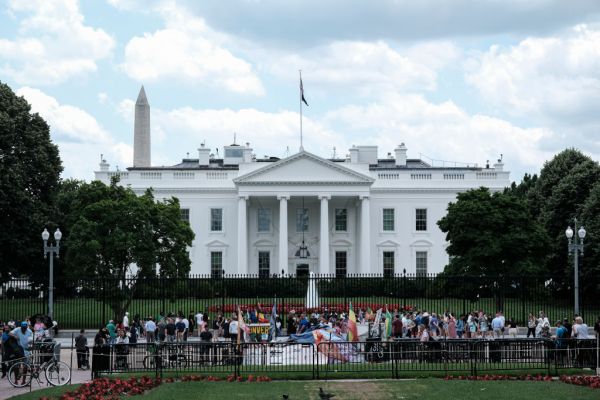Claims are circulating on social media that the name of the luxury fashion brand Balenciaga is a conjunction of a phrase that translates to mean “Baal Is King.” These claims are false.
Balenciaga has courted controversy in recent ad campaigns involving, among other things, images of children holding handbags made to look like teddy bears in sexual bondage gear and photos of paperwork about child pornography laws. The brand issued a series of apologies as did both its CEO and lead designer.
The controversy led to claims that Balenciaga’s name is Latin for “Baal Is King.” Baal was a Phonecian deity of the ancient Near East who features in the Hebrew Bible and is thought to have demanded the ritual sacrifice of children. Balenciaga’s alleged clandestine homage to this figure in the brand’s own name has been taken by some as evidence of demonic sway over the haute couture juggernaut.
One Instagram user posted a photo from another ad campaign in which the brand does indeed choose to spell its own name provocatively as “BAALENCIAGA on a roll of masking tape. Other posts, linked above, have circulated claiming to show “Baal Is King” as the English translation of the Latin “Baal Enci Aga” on Google translate. All of these claims are false. “Baal Enci Aga” is not a Latin phrase. Translated into Latin, the sentence “Baal Is King” would read “Baal rex est.”
“Balenciaga” is, in fact, the surname of the brand’s Spanish founder, Cristóbal Balenciaga. It’s a name native to the Basque region of Spain, where Mr. Balenciaga was born in 1895.
If you have a claim you would like to see us fact check, please send us an email at factcheck@thedispatch.com. If you would like to suggest a correction to this piece or any other Dispatch article, please email corrections@thedispatch.com.








Please note that we at The Dispatch hold ourselves, our work, and our commenters to a higher standard than other places on the internet. We welcome comments that foster genuine debate or discussion—including comments critical of us or our work—but responses that include ad hominem attacks on fellow Dispatch members or are intended to stoke fear and anger may be moderated.